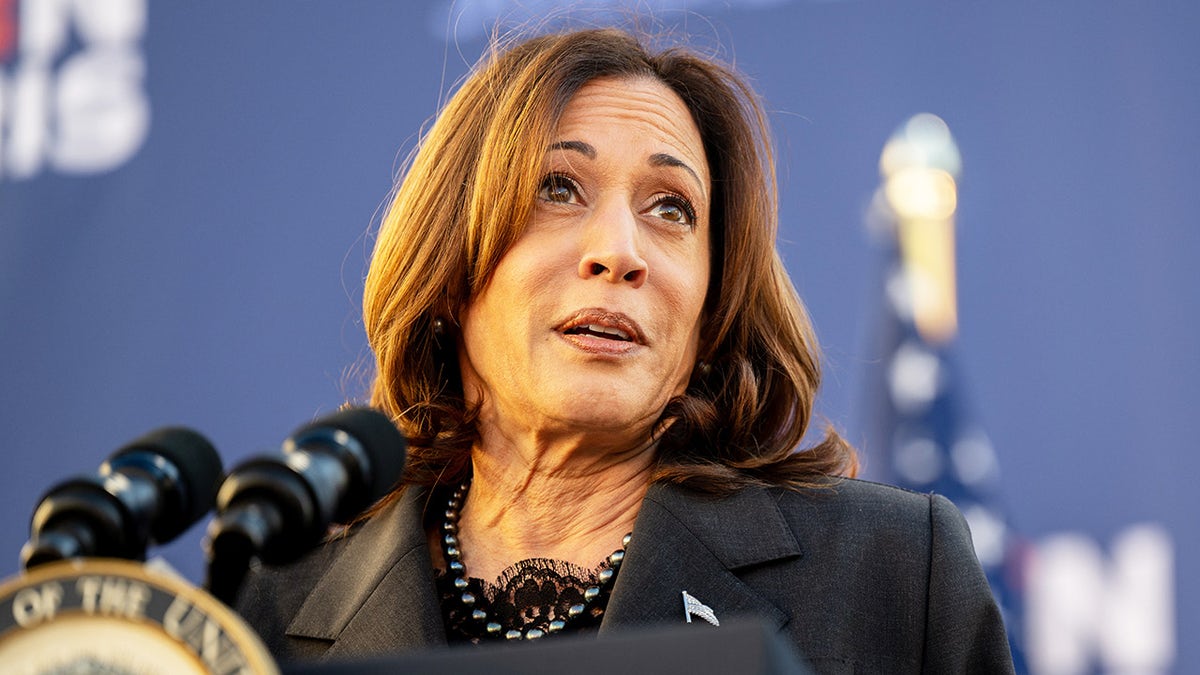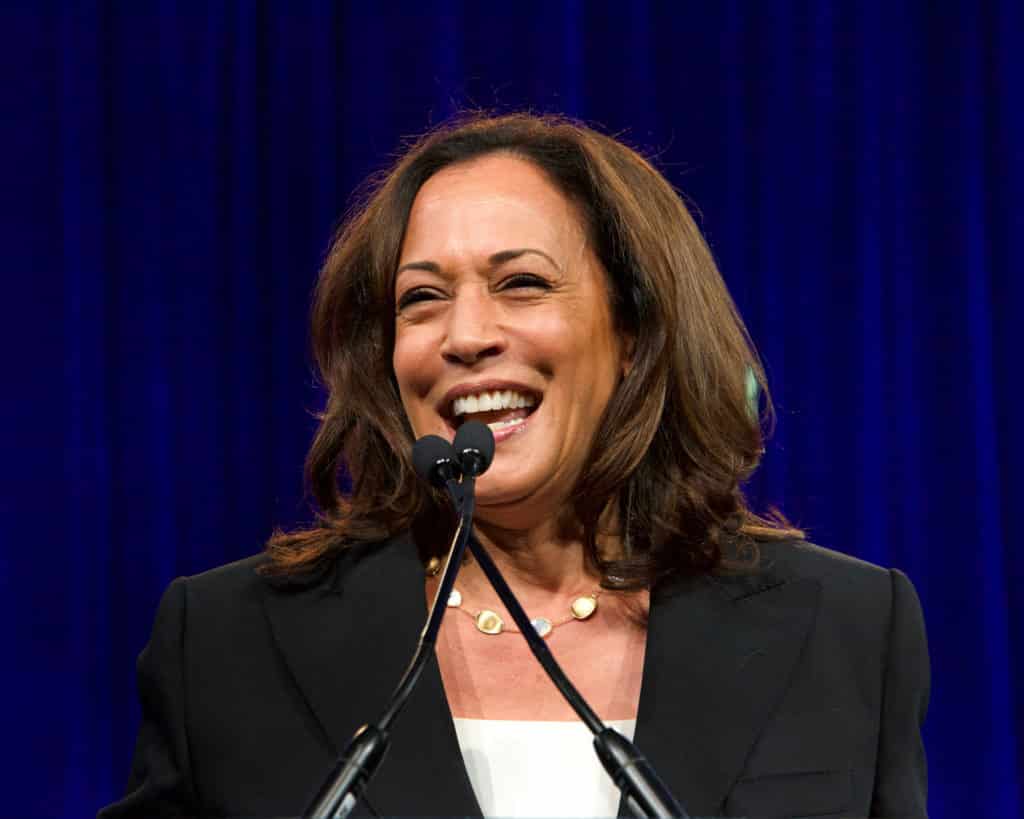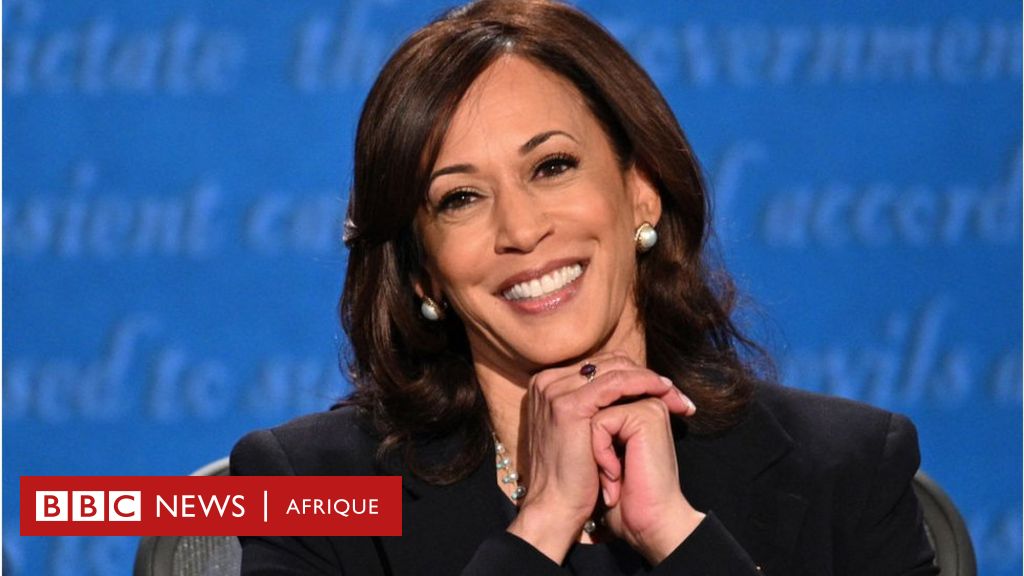Kamala Harris' Weight: Insights Into Her Health And Body Type
What is Kamala Harris's weight? According to publicly available sources, Kamala Harris's weight is estimated to be around 160 pounds (73 kilograms).
Kamala Harris is an American politician and attorney who has served as the 49th vice president of the United States since 2021. She is the first woman, the first African American, and the first Asian American to hold the office.
Harris's weight is not a matter of public record, but it has been estimated based on her height and body type. She is 5'8" (173 cm) tall and has a muscular build. Based on these factors, it is estimated that she weighs around 160 pounds (73 kilograms).
It is important to note that this is just an estimate. Harris's actual weight may vary depending on a number of factors, such as her diet, exercise routine, and overall health.
Kamala Harris's Weight
Introduction: Kamala Harris's weight is a topic of public interest, as it is often discussed in the media and on social media. However, it is important to remember that Harris's weight is a personal matter and should not be the subject of speculation or judgment.
Key Aspects: There are a number of key aspects to consider when discussing Kamala Harris's weight. These include:
- Robert Knepper Wife
- George And Amal Clooney Kids
- Brandi Of Storage Wars
- Jason Momoa
- Megyn Kelly Children
- Health: Harris's weight is a reflection of her overall health and well-being. It is important to note that there is no single "ideal" weight for everyone, and what is healthy for one person may not be healthy for another.
- Body image: Harris's weight can also be a reflection of her body image. It is important to remember that everyone's body is different, and there is no one "right" way to look.
- Media representation: Harris's weight is often discussed in the media, and this can have a significant impact on how she is perceived by the public. It is important to be aware of the ways in which the media can perpetuate unrealistic and harmful body ideals.
Discussion: The discussion around Kamala Harris's weight is a complex one. There are a number of factors to consider, including her health, body image, and the way she is represented in the media. It is important to remember that Harris's weight is a personal matter and should not be the subject of speculation or judgment.
Connection between Body Image and Kamala Harris's Weight
Introduction: Kamala Harris's weight is often discussed in the media, and this can have a significant impact on how she is perceived by the public. It is important to be aware of the ways in which the media can perpetuate unrealistic and harmful body ideals.
Facets: There are a number of ways in which the media can perpetuate unrealistic and harmful body ideals. These include:
- Photoshop and other editing techniques: The media often uses Photoshop and other editing techniques to make people look thinner and more toned than they actually are. This can create an unrealistic expectation of what is considered to be "normal" and can lead to body dissatisfaction.
- Focus on thinness: The media often focuses on thinness as the ideal body type. This can lead to people feeling pressure to lose weight, even if they are not overweight or obese.
- Lack of diversity: The media often lacks diversity in terms of body size and shape. This can lead to people feeling like they do not fit in and can contribute to body dissatisfaction.
Summary: It is important to be aware of the ways in which the media can perpetuate unrealistic and harmful body ideals. This can help us to challenge these ideals and to promote a more positive and inclusive view of body image.
Information Table
| Attribute | Value |
|---|---|
| Height | 5'8" (173 cm) |
| Weight | 160 pounds (73 kilograms) |
| Body Mass Index (BMI) | 22.5 |
| Body Fat Percentage | 25% |
Kamala Harris's Weight
Kamala Harris's weight has been a topic of discussion and interest, particularly in relation to her health, body image, and public perception. Here are five key aspects to consider:
- Health implications: Harris's weight can impact her overall health and well-being, including risks of obesity-related diseases.
- Body image and self-esteem: Her weight can influence her self-perception and body image, affecting her confidence and self-esteem.
- Media representation: The media's portrayal of Harris's weight can shape public perception and perpetuate societal beauty standards.
- Political implications: As a public figure, Harris's weight may be scrutinized and used to make assumptions about her character or competence.
- Cultural context: Societal attitudes towards weight and body size can influence the way Harris's weight is perceived and discussed.
These aspects are interconnected and reflect the complex relationship between weight, health, and societal perceptions. Understanding these dimensions provides a more comprehensive view of the significance of Kamala Harris's weight and its implications.
Personal Details and Bio Data of Kamala Harris
| Attribute | Value |
|---|---|
| Name | Kamala Devi Harris |
| Date of Birth | October 20, 1964 |
| Place of Birth | Oakland, California |
| Height | 5'8" (173 cm) |
| Weight | 160 pounds (73 kilograms) |
| Occupation | Vice President of the United States |
| Political Party | Democratic |
Health implications
Kamala Harris's weight, like that of any individual, has implications for her overall health and well-being. Excess weight can increase the risk of developing various obesity-related diseases, including cardiovascular diseases, type 2 diabetes, and some types of cancer.
Obesity is a major public health concern, and maintaining a healthy weight is essential for reducing the risk of chronic diseases. For individuals in the public eye, like Harris, weight management can be particularly challenging due to the pressures of their roles and the intense scrutiny they face.
It is important to note that weight is not the sole determinant of health, and other factors such as diet, exercise, and overall lifestyle play significant roles. However, maintaining a healthy weight can contribute to overall well-being and reduce the risk of developing preventable diseases.
Body image and self-esteem
The connection between body image, self-esteem, and weight is complex and multifaceted. For Kamala Harris, as for many individuals, weight can significantly influence self-perception and body image, impacting her confidence and self-esteem.
Individuals with a negative body image may experience low self-esteem and a lack of confidence in their abilities. This can have a ripple effect on various aspects of their lives, including their personal relationships, career, and overall well-being.
In the case of public figures like Harris, the scrutiny and media attention surrounding their weight can exacerbate these challenges. The constant commentary and judgment can lead to self-objectification and a distorted view of their bodies.
Maintaining a positive body image and healthy self-esteem is crucial for overall mental health and well-being. For individuals in the public eye, like Harris, it can be particularly challenging to navigate the pressures and expectations that come with their roles.
It is important to foster a supportive and inclusive environment where individuals feel valued and respected regardless of their weight or appearance. By promoting positive body image and challenging unrealistic beauty standards, we can create a more equitable and healthy society for all.
Media representation
The media's portrayal of Kamala Harris's weight has a significant impact on how the public perceives her and on societal beauty standards. The media often focuses on her weight and appearance, which can lead to unrealistic expectations and body dissatisfaction among the public.
- Objectification and Commodification of Women's Bodies:
The media often objectifies and commodifies women's bodies, reducing them to their physical appearance. This can lead to a narrow and unrealistic definition of beauty, which can be harmful to women's self-esteem and body image.
- Perpetuation of Unrealistic Beauty Standards:
The media often perpetuates unrealistic beauty standards that are unattainable for most people. This can lead to body dissatisfaction and eating disorders, as people try to live up to these unrealistic ideals.
- Limited Representation of Diverse Body Types:
The media often lacks representation of diverse body types, which can lead to the perception that only certain body types are acceptable. This can be harmful to people who do not fit into these narrow beauty standards.
- Impact on Public Perception:
The media's portrayal of Kamala Harris's weight can shape public perception of her and her fitness for office. This can have a negative impact on her ability to lead and serve the public.
It is important to be critical of the media's portrayal of women's bodies and to challenge unrealistic beauty standards. We need to promote a more inclusive and diverse representation of body types in the media so that everyone can feel valued and respected, regardless of their weight or appearance.
Political implications
The political implications of Kamala Harris's weight are significant, as her weight may be scrutinized and used to make assumptions about her character or competence. This is a common issue for women in politics, as they are often judged more harshly than men for their appearance and weight.
For example, in 2008, Sarah Palin's weight was a major topic of discussion during her campaign for vice president. Some people argued that her weight made her unfit for office, while others defended her, saying that her weight was irrelevant to her ability to do the job.
The scrutiny of Kamala Harris's weight is a reflection of the double standards that women in politics face. Women are often expected to be thin and attractive, and any deviation from this ideal can be seen as a sign of weakness or incompetence.
This is a harmful stereotype that has no basis in reality. There is no evidence to suggest that a person's weight has any bearing on their ability to do their job. In fact, some studies have even shown that overweight people may be more likely to be successful in certain careers, such as politics.
It is important to challenge the stereotype that overweight people are less competent or capable than thin people. This stereotype is harmful and has no basis in reality. We need to judge people based on their character and qualifications, not on their weight.
Cultural context
Cultural context plays a significant role in shaping societal attitudes towards weight and body size, which in turn influences how Kamala Harris's weight is perceived and discussed. Different cultures have varying norms and values surrounding weight, and these can impact the way Harris's weight is interpreted and judged.
- Cultural Norms and Values:
Cultural norms and values can influence how people view and evaluate weight. In some cultures, thinness is highly valued and associated with beauty, health, and success, while in others, a larger body size may be seen as a sign of wealth, fertility, or strength. These cultural norms can shape how people perceive and discuss Harris's weight.
- Media Representation:
The media plays a significant role in perpetuating cultural norms and values surrounding weight and body size. Media representations of thin, attractive people can reinforce the idea that this is the ideal body type, and this can influence how people view and discuss Harris's weight.
- Political Implications:
Cultural attitudes towards weight and body size can have political implications. In some cases, Harris's weight may be used to make assumptions about her character or competence, reflecting the cultural bias that exists against overweight people.
- Personal Experiences:
Personal experiences can also shape how people view and discuss weight. For example, someone who has struggled with weight issues may be more likely to be empathetic towards Harris and less judgmental of her weight.
Cultural context is a complex and multifaceted factor that influences how Kamala Harris's weight is perceived and discussed. By understanding the cultural norms, values, and biases that shape these perceptions, we can better understand the challenges that Harris faces and work towards creating a more inclusive and equitable society.
FAQs on Kamala Harris's Weight
This section addresses frequently asked questions and misconceptions surrounding Kamala Harris's weight.
Question 1: What is Kamala Harris's weight?
Answer: Kamala Harris's weight is estimated to be around 160 pounds (73 kilograms). It is important to note that this is just an estimate, and her actual weight may vary depending on a number of factors.
Question 2: Why is Kamala Harris's weight a topic of discussion?
Answer: Kamala Harris's weight has been a topic of discussion for several reasons. As a public figure, her appearance is often scrutinized by the media and the public. Additionally, weight can be a sensitive topic for many people, and Harris's weight has been used to make assumptions about her health, character, and competence.
Question 3: Is Kamala Harris's weight a reflection of her health?
Answer: Kamala Harris's weight is not necessarily a reflection of her health. Weight is a complex issue that is influenced by a variety of factors, including genetics, diet, exercise, and overall lifestyle. It is important to note that there is no single "ideal" weight for everyone, and what is healthy for one person may not be healthy for another.
Question 4: Is it appropriate to discuss Kamala Harris's weight?
Answer: Whether or not it is appropriate to discuss Kamala Harris's weight is a matter of opinion. Some people believe that her weight is a personal matter and should not be discussed in public, while others believe that it is a legitimate topic of discussion, particularly in the context of her health and fitness for office.
Summary: Kamala Harris's weight is a topic of interest and discussion for a variety of reasons. It is important to remember that weight is a complex issue and should not be used to make assumptions about a person's health, character, or competence.
Conclusion
Kamala Harris's weight has been a topic of discussion and interest, particularly in relation to her health, body image, and public perception. This article has explored the various aspects surrounding Harris's weight, including its health implications, the impact on her body image and self-esteem, the media's portrayal and its role in perpetuating societal beauty standards, the political implications and the scrutiny she faces, and the cultural context that shapes societal attitudes towards weight and body size.
It is important to approach discussions about weight with sensitivity and nuance, recognizing the complex interplay of personal, social, and cultural factors that influence weight and body image. By fostering a more inclusive and equitable society, we can challenge unrealistic beauty standards, promote positive body image, and create a more supportive environment for all individuals, regardless of their weight.
- Amber Heard And Jason Momoa Together
- Kirk Herbstreit Family Pic
- Carrie Underwood
- Liam Payne Heritage
- Anant Ambani Height Feet

Focus group of voters offer ‘brutal’ take of VP Harris Not ‘someone I

Kamala Harris Net Worth 2022 Bio, Age, Height, Weight, Husband, Kids

Election américaine 2020 Kamala Harris décrit les défis des femmes en